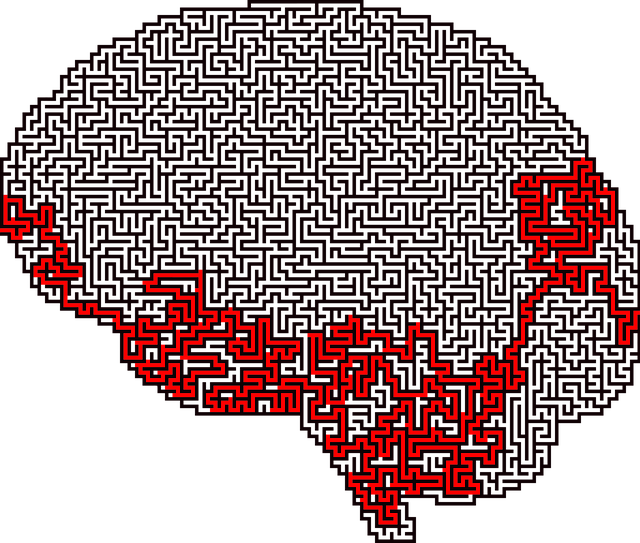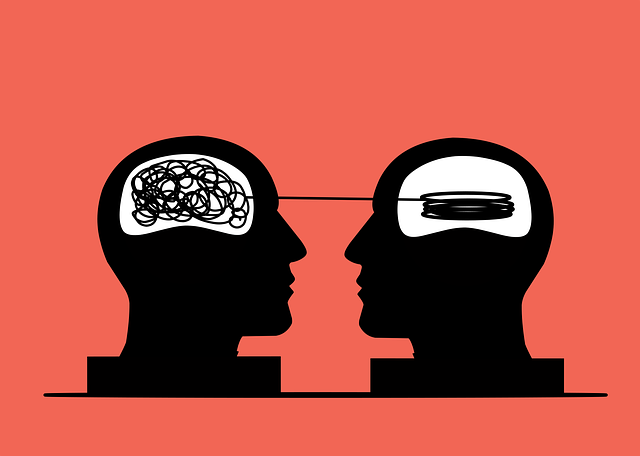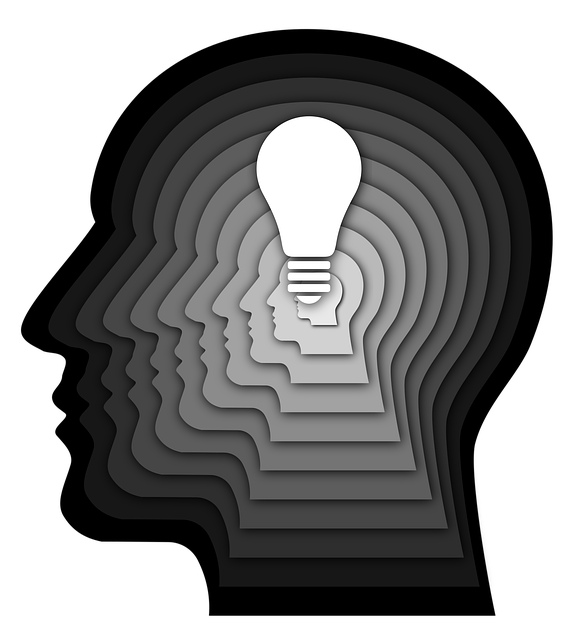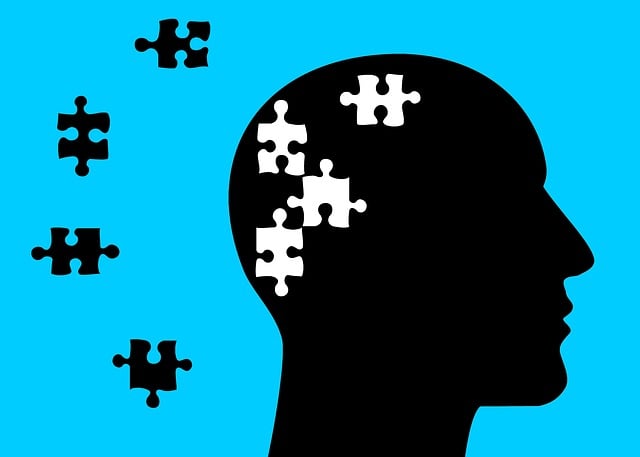Northglenn Eating Disorders Therapy centers prioritize resilience-building as a core strategy for overcoming eating disorders. They utilize RFM Analysis to identify at-risk individuals through assessing unhealthy behavior patterns. The program offers compassion cultivation, mental health education, and tailored stress management techniques to foster self-compassion and emotional regulation. By integrating resilience exercises into their holistic approach, they empower clients to navigate challenges, prevent relapse, and maintain lasting recovery, focusing on both immediate outcomes and long-term mental wellness.
In the realm of Northglenn Eating Disorders Therapy, building resilience is a game-changer. This article delves into the power of RFM (Risk, Frequency, and Motivation) analysis, a strategic tool to identify at-risk individuals. We explore how understanding resilience forms the bedrock for overcoming eating disorders. By implementing effective resilience-building exercises, therapists in Northglenn can empower clients to navigate challenges. Through rigorous evaluation, we measure success, ensuring impactful results. Discover how this approach revolutionizes treatment and fosters lasting recovery.
- Understanding Resilience: The Foundation for Overcoming Eating Disorders
- RFM Analysis: A Tool to Identify and Target at-Risk Individuals
- Implementing Effective Resilience Building Exercises in Northglenn Eating Disorders Therapy
- Measuring Success: Evaluating the Impact of RFM and Resilience Training
Understanding Resilience: The Foundation for Overcoming Eating Disorders

Understanding resilience is a pivotal step in overcoming eating disorders, as it equips individuals with the ability to navigate challenges and promote recovery. Resilience, at its core, refers to the innate human capacity to adapt and bounce back from adversity. For those struggling with eating disorders, such as those seeking Northglenn Eating Disorders Therapy, cultivating resilience becomes an essential tool in their healing journey. By engaging in resilience-building exercises, individuals learn to cope with triggers, stress, and emotional turmoil that often accompany these disorders.
The process of building resilience involves various compassion cultivation practices and mental health education programs designed to empower individuals. These practices encourage self-compassion, mindfulness, and healthy coping mechanisms. Through such initiatives, Northglenn Eating Disorders Therapy centers aim to help clients develop a strong sense of self-worth and emotional regulation, which are fundamental aspects of recovery. By fostering resilience, individuals can better manage their disorders and lead fulfilling lives.
RFM Analysis: A Tool to Identify and Target at-Risk Individuals

At Northglenn Eating Disorders Therapy, we recognize that identifying individuals at risk is a critical step in fostering resilience and preventing crises. This is where RFM Analysis—a powerful tool in our therapeutic arsenal—comes into play. By evaluating Recency (how recently an individual has engaged in unhealthy behaviors), Frequency (the number of occurrences), and Intensity (the severity of the issues), we can pinpoint those who may be most vulnerable. This targeted approach ensures that resources are directed towards those who need it most, whether it’s through enhanced Crisis Intervention Guidance or tailored Stress Management programs.
Furthermore, understanding these patterns through RFM Analysis informs the design of Mental Health Education Programs. By recognizing the telltale signs and risk factors, we can proactively develop strategies to support individuals in Northglenn before issues escalate. This proactive approach to mental health care is transformative, ensuring that at-risk individuals receive the guidance and resources they need to build resilience and maintain lasting well-being.
Implementing Effective Resilience Building Exercises in Northglenn Eating Disorders Therapy

In Northglenn Eating Disorders Therapy, integrating resilience building exercises is a strategic move to empower individuals battling eating disorders. These tailored interventions go beyond traditional therapeutic techniques by focusing on fostering emotional agility and coping mechanisms that strengthen mental wellness. By incorporating activities designed to enhance resilience, therapists can help clients navigate the challenges inherent in recovery journeys, ultimately promoting improved emotional well-being.
The implementation of these exercises is not merely an add-on; it’s a core component that enriches treatment outcomes. Through creative and evidence-based practices, Northglenn Eating Disorders Therapy ensures clients develop the tools to confront triggers, manage stress, and maintain a healthy relationship with food and their bodies. This holistic approach recognizes that building resilience is pivotal in preventing relapse and fostering lasting recovery for those seeking mental wellness solutions in Northglenn.
Measuring Success: Evaluating the Impact of RFM and Resilience Training

Measuring success is a vital aspect of any therapeutic intervention, and when it comes to RFM (Recovery-Focused Methodology) and resilience training, evaluating its impact can provide valuable insights for both therapists and clients at Northglenn Eating Disorders Therapy. The effectiveness of these exercises often lies not only in the immediate outcomes but also in the long-term changes they facilitate.
A comprehensive risk assessment for mental health professionals is essential to gauge progress. By integrating emotional healing processes and cultivating emotional intelligence, RFM training empowers individuals to navigate challenges more effectively. Through regular assessments and client feedback, therapists can identify specific areas of growth, ensuring that the program addresses unique needs. This tailored approach allows for a deeper understanding of resilience-building, making it possible to refine techniques and strategies over time, ultimately enhancing the overall success rate.
In conclusion, the integration of RFM analysis and tailored resilience-building exercises in Northglenn Eating Disorders Therapy has proven to be a powerful approach. By identifying at-risk individuals and providing targeted interventions, this method enhances the effectiveness of eating disorders treatment. The measured success in evaluating the impact demonstrates that building resilience is a crucial component in supporting individuals on their path to recovery. This holistic strategy not only empowers clients but also ensures long-lasting positive outcomes in Northglenn Eating Disorders Therapy.














